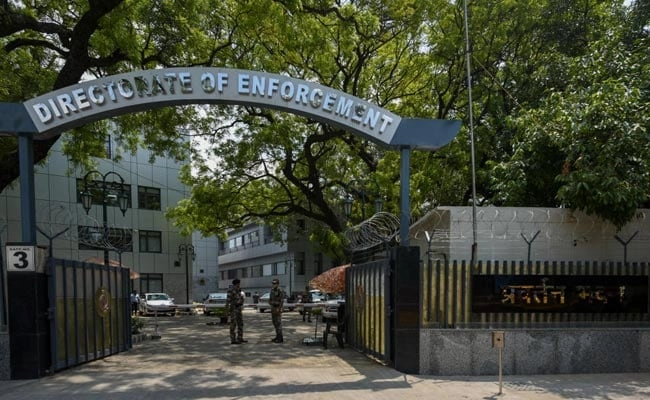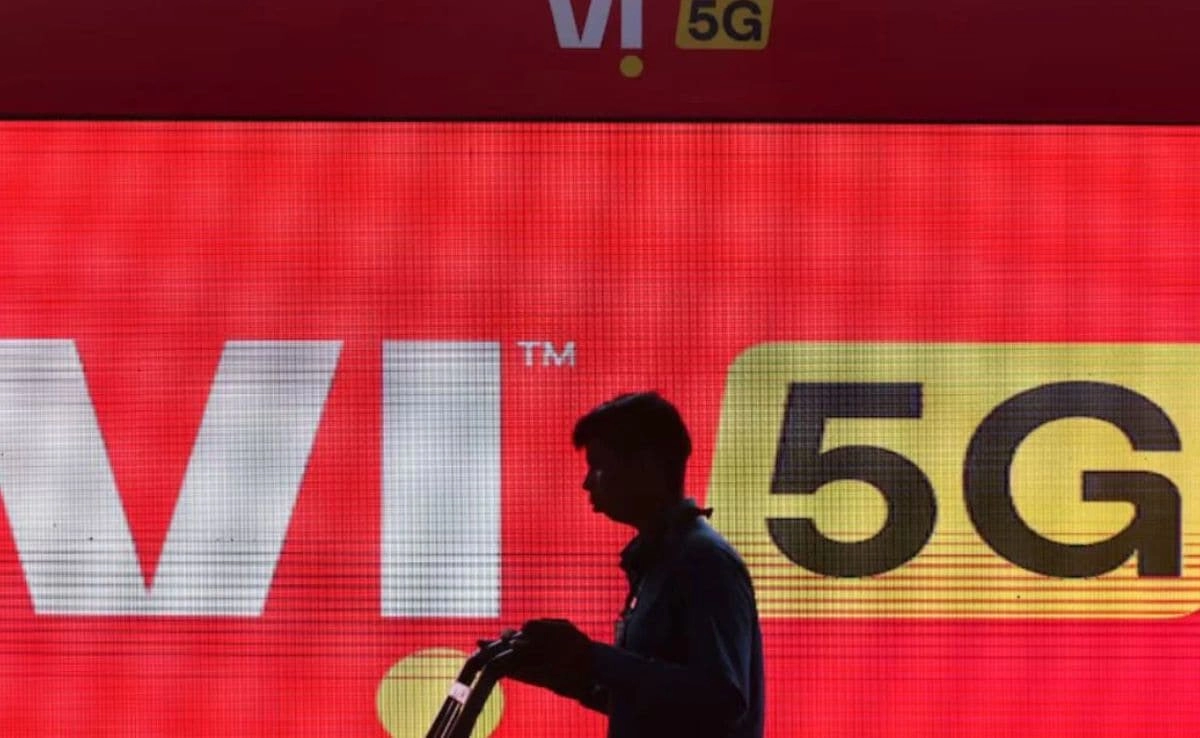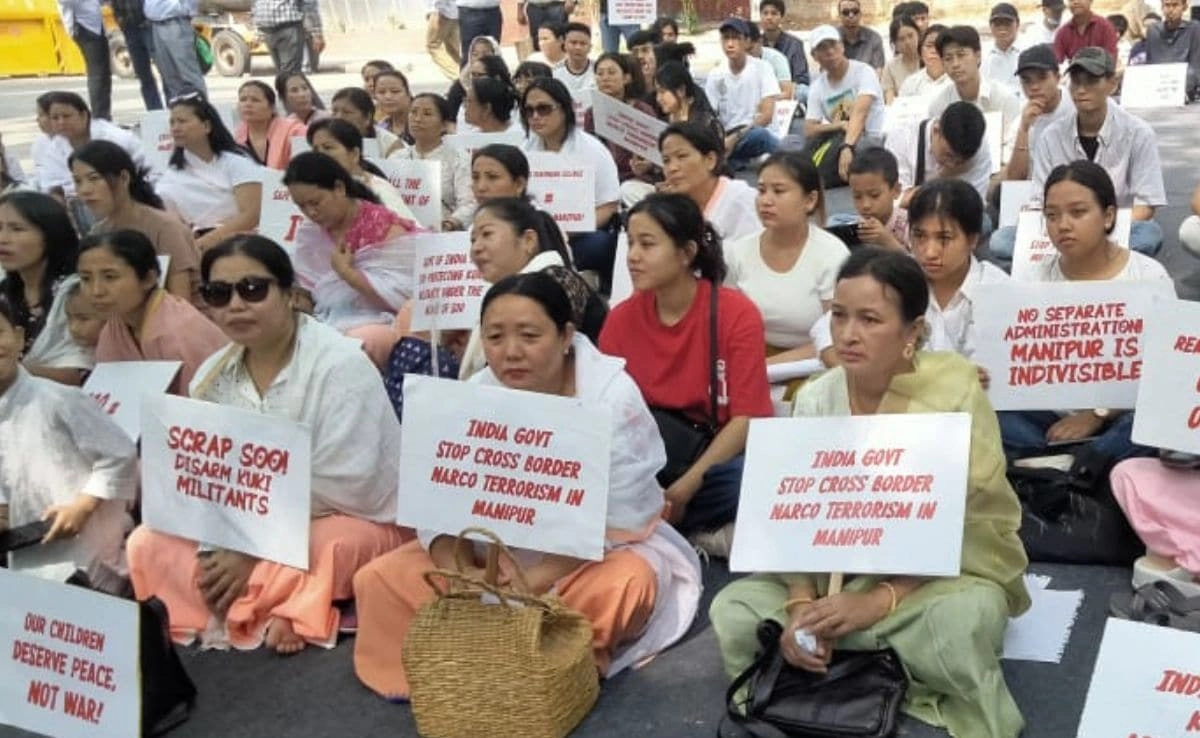An Enforcement Directorate (ED) officer was recently arrested by the Central Bureau of Investigation (CBI) for allegedly accepting a bribe. The incident has not only raised eyebrows within law enforcement circles but also sparked discussions about corruption within government agencies. The CBI, which is tasked with combating corruption and ensuring accountability in public office, acted on credible information leading to the officer’s apprehension. The arrest underscores the ongoing efforts to address corruption in various departments, emphasizing that no individual, regardless of their position, is above the law.
Following the arrest, the officer was presented before a magistrate, where he was granted interim bail. This provisional release allows the officer to remain free while the investigation continues, though it does not absolve him of the charges brought against him. The bail is often seen as a mechanism to ensure that individuals are not unduly punished before a thorough investigation has been conducted. However, interim bail can also raise concerns among the public regarding the potential for influential individuals to evade justice, especially in cases involving corruption.
This incident serves as a reminder of the challenges faced by anti-corruption agencies in India. While the CBI and ED are crucial in the fight against corruption, they often encounter significant obstacles, including political pressure and systemic inefficiencies. The public’s reaction to this case will likely influence future investigations and the broader discourse surrounding corruption in India. As the CBI delves deeper into the matter, it will be essential to maintain transparency and uphold the rule of law, ensuring that justice is served and that public trust in these institutions is restored.




